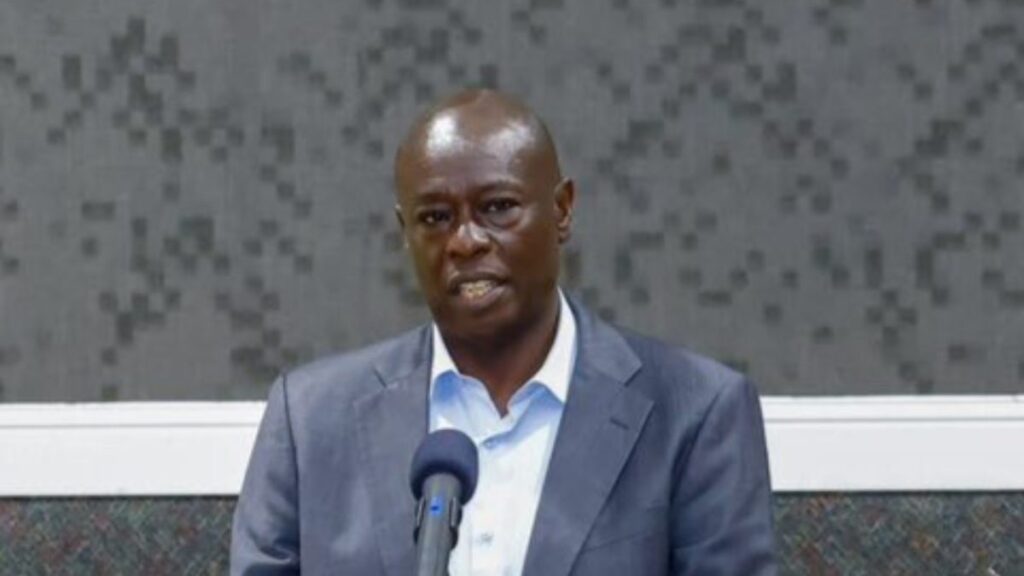The High Court has declined a request by former Deputy President Rigathi Gachagua to suspend the hearing of his ongoing legal cases scheduled for October 23 and 24, 2025. The request was presented by Gachagua’s legal team before a three-judge bench, citing a pending appeal before the Supreme Court that could potentially affect the proceedings.
The court had earlier directed all parties involved to file their respective submissions ahead of the hearing and outlined a schedule for the two-day session. On the first day, petitioners and those supporting the petitions will highlight their submissions, while on the second day, the respondents and those opposed to the petitions will present their arguments, followed by rejoinder submissions from the petitioners.
Gachagua’s lead counsel, Ndegwa Njiru, argued that the scheduled hearing dates were premature given the unresolved appeal before the Supreme Court. He noted that one of the cross appeals, registered as E032/2025, challenges the impartiality of the current bench and raises the issue of judicial recusal. Njiru emphasized that the Supreme Court’s decision on the matter would be binding and could render the scheduled hearings moot, turning them into an academic exercise.
The legal team requested the court to reconsider its directions and proposed setting a mention date instead of proceeding directly with the hearings. This, they argued, would allow the court to be updated on the progress and outcome of the Supreme Court case before taking further steps in the matter.
Despite these submissions, the three-judge bench maintained the previously set hearing dates. However, to ensure procedural integrity, the bench scheduled a mention on October 7, 2025, at 2:30 pm to confirm compliance and review any developments from the Supreme Court.
The court clarified that unless new directives are issued on that mention date, the hearings scheduled for October 23 and 24, 2025, would proceed as planned. This decision underscores the court’s intent to keep the legal process moving forward while allowing space for adjustments based on any Supreme Court rulings that may arise before the hearing dates.

